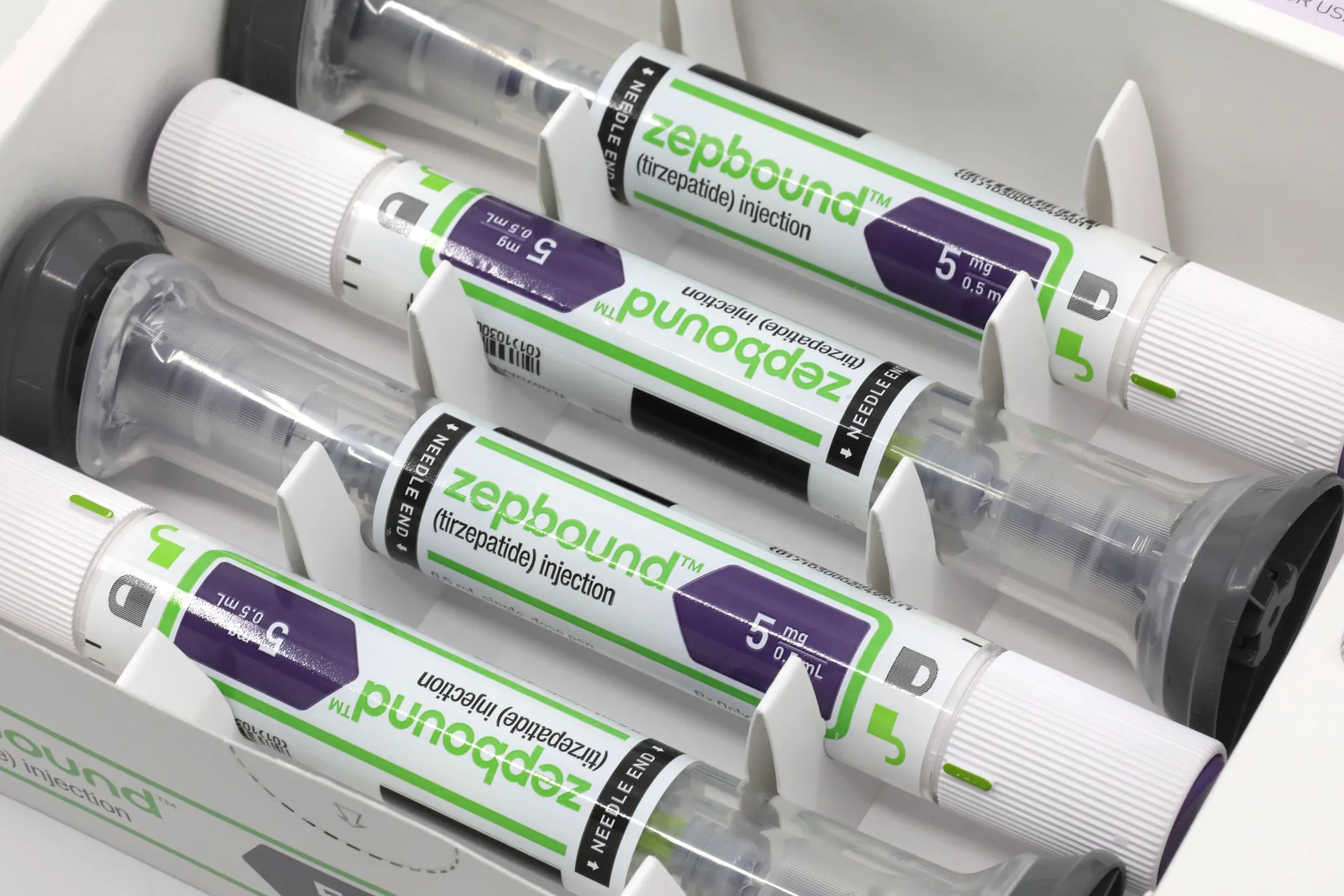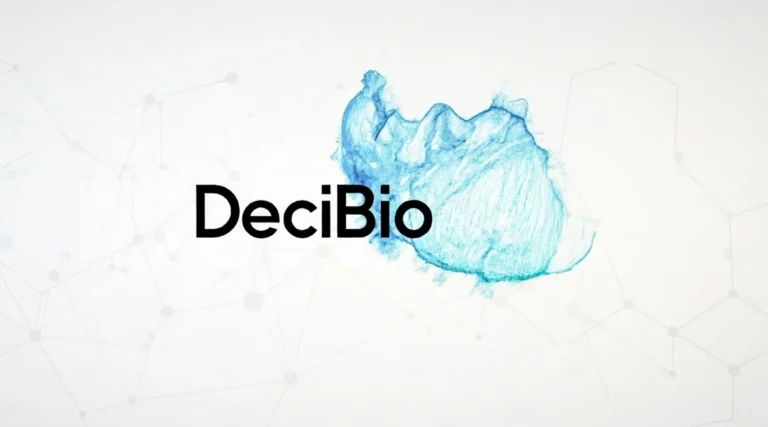
LEQEMBI® IQLIK™ Named One of TIME’s Best Inventions of 2025 for Transforming Alzheimer’s Treatment Access
Eisai Co., Ltd. and Biogen Inc. today announced that LEQEMBI® IQLIK™ (lecanemab-irmb), the first subcutaneous autoinjector formulation of the Alzheimer’s disease therapy lecanemab, has been named to TIME magazine’s “Best Inventions of 2025” in the Medical and Healthcare category.
This prestigious annual list spotlights 300 innovations that are shaping the future and improving lives worldwide. TIME’s editorial team selected this year’s honorees from hundreds of global nominations, evaluating each on originality, efficacy, ambition, and overall impact. The inclusion of LEQEMBI IQLIK underscores the growing recognition of biotechnology’s role in transforming chronic disease care through patient-centered innovation.
Revolutionizing Alzheimer’s Treatment Through Innovation
Approved by the U.S. Food and Drug Administration (FDA) in August 2025 and officially launched on October 6, LEQEMBI IQLIK introduces a groundbreaking at-home delivery option for Alzheimer’s patients. It is the first and only anti-amyloid treatment available as an autoinjector—allowing patients and caregivers to continue slowing disease progression after the initial 18-month infusion treatment phase, from the comfort of their own homes.
The autoinjector significantly reduces administration time, completing an injection in approximately 15 seconds. This advancement offers major logistical and emotional benefits for patients and caregivers, eliminating the need for frequent infusion center visits and lessening dependence on healthcare infrastructure.
By simplifying the maintenance phase, LEQEMBI IQLIK can also expand infusion center capacity for new patients to begin therapy, helping streamline the Alzheimer’s disease treatment ecosystem as demand continues to grow globally.
A Global Collaboration Driving Alzheimer’s Innovation
LEQEMBI is the result of a long-standing collaboration between Eisai and Biogen aimed at addressing one of the world’s most pressing medical challenges. The therapy is the first approved anti-amyloid antibody demonstrated to slow disease progression and cognitive decline in adults with early Alzheimer’s—those with mild cognitive impairment (MCI) or mild dementia.
Since its initial FDA approval, LEQEMBI has been authorized in 50 countries and remains under regulatory review in another 10. In September 2025, Eisai initiated a rolling supplemental Biologics License Application (sBLA) with the FDA seeking approval of LEQEMBI IQLIK as a subcutaneous starting dose for early Alzheimer’s disease under Fast Track Status.
Eisai leads global development and regulatory activities for LEQEMBI, while both companies co-commercialize and co-promote the therapy. Eisai retains final decision-making authority on development and marketing strategy.
LEQEMBI previously earned a spot on TIME’s “Best Inventions of 2023” for its pioneering clinical impact in Alzheimer’s treatment—a recognition now extended to its next-generation, patient-friendly formulation.
Clinical and Safety Overview
Indication:
LEQEMBI® is indicated for the treatment of Alzheimer’s disease, specifically in patients with mild cognitive impairment or mild dementia—the stages in which it has demonstrated clinical benefit.
Key Safety Considerations:
LEQEMBI carries a boxed warning for Amyloid-Related Imaging Abnormalities (ARIA), a known risk among monoclonal antibodies targeting aggregated beta amyloid. ARIA may present as brain edema (ARIA-E) or microhemorrhage (ARIA-H). While ARIA is often asymptomatic, it can occasionally result in serious or life-threatening complications such as seizures or intracerebral hemorrhage.
Patients who are ApoE ε4 homozygotes (~15% of the Alzheimer’s population) face a higher risk of ARIA. Genetic testing prior to treatment initiation is recommended to inform risk-benefit discussions.
Incidence Data:
In clinical studies, symptomatic ARIA occurred in approximately 3% of patients treated with LEQEMBI, with most symptoms resolving over time. Overall ARIA events occurred in 21% of treated patients compared with 9% of those receiving placebo. Serious intracerebral hemorrhages larger than 1 cm were rare (0.7% in treated patients vs. 0.1% in placebo).
No increase in isolated ARIA-H was observed compared with placebo. The majority of ARIA-E cases resolved on MRI within 12–17 weeks following detection.
Common Adverse Reactions:
The most frequent adverse reactions reported in ≥5% of patients and ≥2% higher than placebo were:
- Infusion-related reactions (26%)
- ARIA-H (14%)
- ARIA-E (13%)
- Headache (11%)
- Rash or nausea/vomiting (6%)
The safety profile of LEQEMBI IQLIK as a maintenance therapy was consistent with the intravenous (IV) formulation, with most injection-site reactions reported as mild or moderate.
Formulations:
- Intravenous infusion: 100 mg/mL
- Subcutaneous injection: 200 mg/mL
Commitment to Alzheimer’s Patients and Families
“LEQEMBI IQLIK represents a major leap forward in making Alzheimer’s treatment more accessible and less burdensome,” said Haruo Naito, CEO of Eisai Co., Ltd. “Our shared goal with Biogen has always been to combine science and compassion—delivering therapies that not only slow disease progression but also fit into patients’ lives.”
Christopher A. Viehbacher, CEO of Biogen, added, “TIME’s recognition of LEQEMBI IQLIK highlights the importance of innovation that puts patients first. This invention reflects years of research aimed at giving individuals and their caregivers more independence and control over their treatment journey.”





